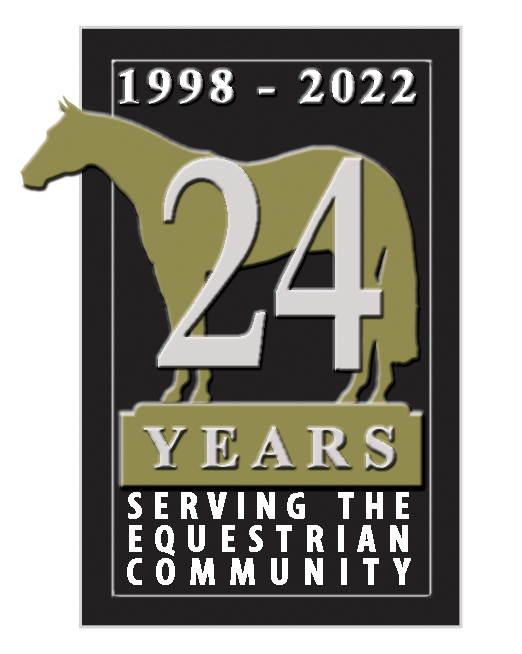Latest Round of Endorsements for the AHC’s Welfare Code of Practice
August 18, 2010The American Horse Council (AHC) is pleased to announce the American Saddlebred Horse Association, Appaloosa Horse Club, Harness Horsemen International, Kentucky Horse Council, North American Trail Ride Conference, and the National Reined Cow Horse Association have recently endorsed the Welfare Code of Practice.
“As demonstrated by this latest round of endorsements, the National Welfare Code of Practice embodies principles and practices that can and should be embraced by every aspect of the horse industry, regardless of breed, practice, or discipline,” said AHC President Jay Hickey. “This latest round of endorsements emphasizes the industry’s unified commitment to the welfare and safety of horses. We look forward to bringing in as many organizations as possible to further reinforce the industry’s commitment to safety, health, care and welfare of all horses.”
The Welfare Code outlines in generic terms what it means for an organization to be committed to the responsible breeding, training, care, use, enjoyment, transport, and retirement of horses. Many associations have undertaken studies, reviews, and initiatives that show their commitment to the welfare of their horses. This generic code is simply a continuation of that effort.
They join eighteen other national groups that have already endorsed the Welfare Code. They include the: American Association of Equine Practitioners, American Endurance Ride Conference, American Paint Horse Association, American Quarter Horse Association, Arabian Horse Association, Florida Thoroughbred Breeder’s and Owner’s Association, Kentucky Thoroughbred Association, League of Agricultural and Equine Centers, Masters of Foxhounds Association, National Cutting Horse Association, National Thoroughbred Racing Association, Pinto Horse Association of America, the Pyramid Society, the Tennessee Walking Horse Breeder’s & Exhibitors Association, Thoroughbred Owners and Breeders Association, U.S. Dressage Federation, U.S. Equestrian Drill Team, U.S. Equestrian Federation, and U.S. Trotting Association.
The Code is not intended to replace or pre-empt any activities, rules, or regulations specific to any segment of the industry. Rather it is another indication to the public, the media, federal and state officials, and the horse community that the equine industry “Puts the Horse First.”

